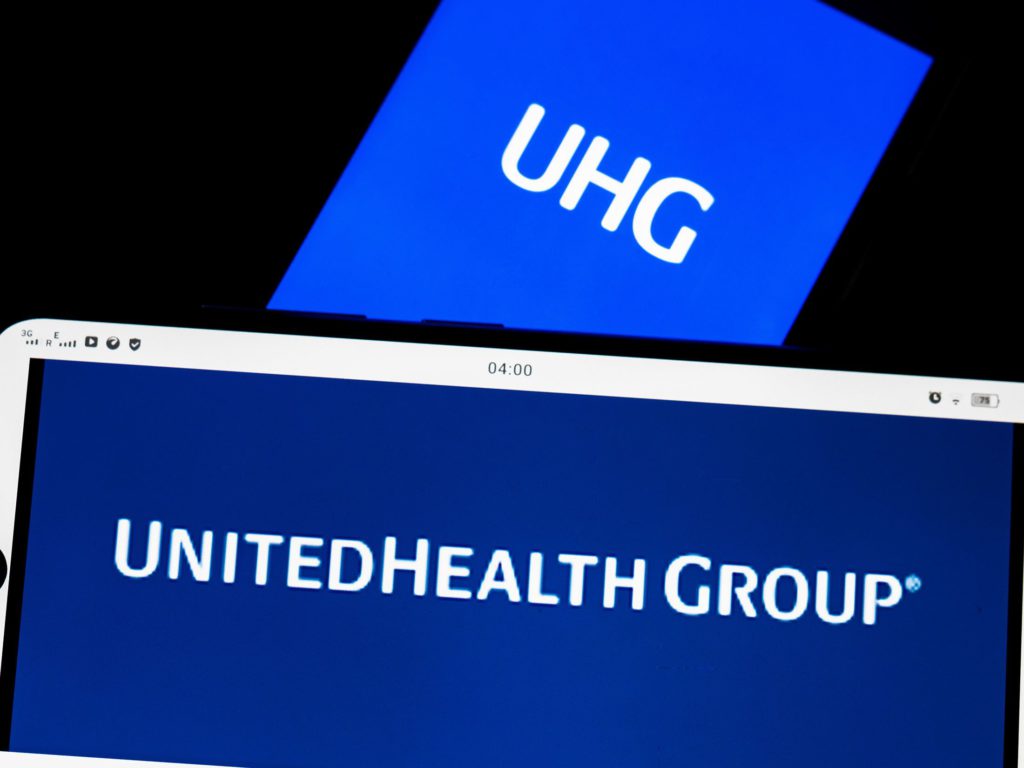(Bloomberg) — UnitedHealth Group Inc. will gain access to “vast amounts of data” on how rival insurers do business if its proposed acquisition of Change Healthcare Inc. goes through, the Justice Department said opening arguments in a trial challenging the deal.
UnitedHealth countered that it already has data on competitors through its Optum services unit and has a track record of treating the information appropriately. The company is contesting the case and plans to call top executives from both UnitedHealth and its Optum Insight health information technology unit to testify.
As the Justice Department’s trial seeking to block the $7.8 billion deal got underway Monday in federal court in Washington, prosecutor Eric Welsh said UnitedHealth’s proposal to divest some of Change’s business and wall off the competitively sensitive information isn’t enough.
Change’s data is “the prize in the merger,” said Welsh. It would give UnitedHealth a “one-way look” into moves by its rivals. The deal could harm competition due to UnitedHealth’s financial ability and incentives, Welsh added.
UnitedHealth’s lawyer Craig Primis called the government’s case a “novel and unprecedented legal theory” that rests on a “daisy chain of speculation.”
The trial is a test of the Biden administration’s more aggressive antitrust policies and the first challenge to a health-care merger to go to trial under the new approach. A verdict to block the deal could have implications for dealmaking in other industries where sensitive data would change hands as the result of an acquisition, while a win for the companies would mark a setback in a cornerstone of Biden’s economic policy.
Change operates the largest electronic data clearinghouse that connects doctors, hospitals, dentists and pharmacies with insurance companies to obtain reimbursement, handling about 1.7 billion in insurance claims each year. No other clearinghouse works with as many insurers and health-care providers as Change, though United’s Optum unit is its next biggest rival, Welsh said.
The deal also would give United a “near monopoly” on certain types of claims reimbursements, Welsh said. United has proposed a narrow divestiture to private equity firm TPG Capital LP, which he added has no experience in this aspect of health care. The divested assets are a “narrow sliver” of Change’s business that could only offer a limited product compared to the company’s current offerings, Welsh said.
While United has proposed a firewall to safeguard the confidential data and offered commitments to Change’s customers, that doesn’t assuage the DOJ’s concerns, Welsh said.
United’s “commitments are not worth the paper they are written on,” he said. The company’s proposed fixes “are all flawed and have risks.”
UnitedHealth already manages competitively sensitive data for other insurance companies through its Optum unit, Primis said. Misusing the information would raise the risk of alienating them, violating health privacy laws and damaging its own business, he said.
“If they use this data for improper purposes, it would be economically devastating,” Primis said. “We are not going to sacrifice our reputation for a few extra insurance customers.”
The Justice Department has previously approved deals with firewalls, Primis noted, including in the health-care sector with the 2019 merger of CVS Health Corp. and insurer Aetna Inc.
TPG, which Primis said is a leading investor in health care and health-care technology, has offered to pay $2.2 billion for Change’s ClaimsXten product, which he noted demonstrates the private equity firm believes the divested business has value. The Change product is generally sold to insurers on its own, he said.
UnitedHealth fell 1.4% as of 3 p.m. in New York, while Change dropped 1.7%.
The case is US v UnitedHealth Group et al., 22-cv-481, US District Court for the District of Columbia.
More stories like this are available on bloomberg.com
©2022 Bloomberg L.P.











